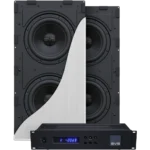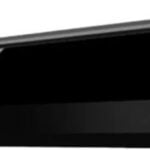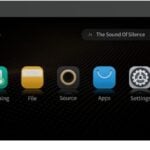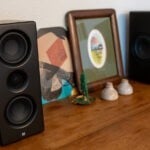KyleCT
Stunt Coordinator
- Joined
- Sep 18, 2003
- Messages
- 66
I just bought some Polk R30 floor standing speakers. They are rated at 100 watts. My audio reciever is rated at 300 watts. Does this mean that if i turn up the reciever to 1/3 of its potential my speakers will not be able to handle it? Thanks





